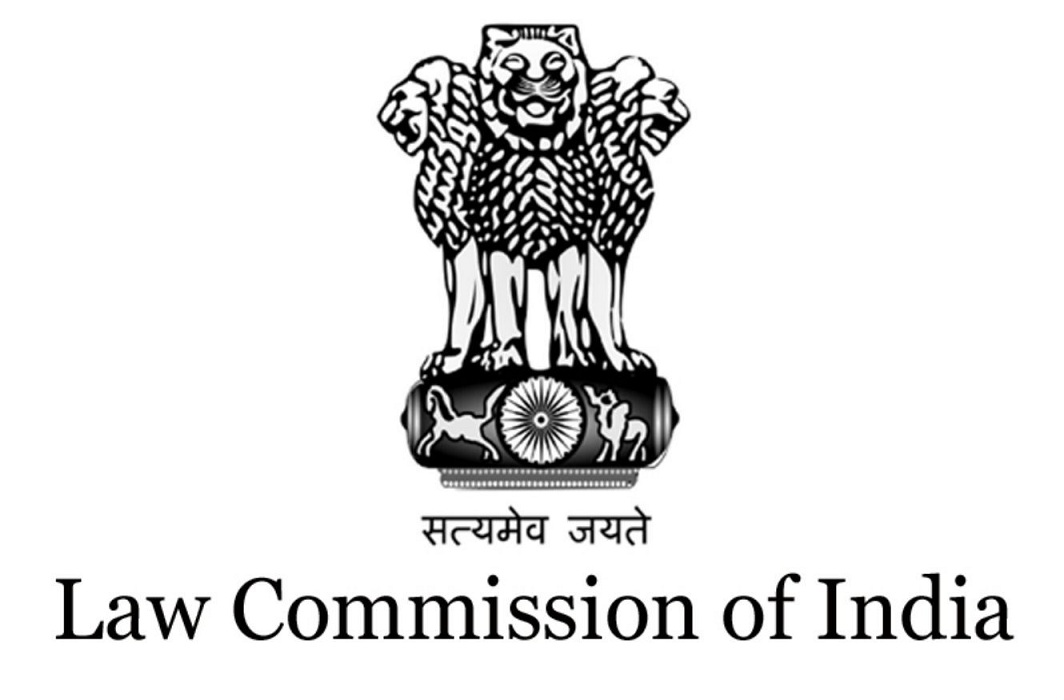Recommends immediate deletion of rider from Rules
Says no such provision in any other part of country
Mohinder Verma
JAMMU, Nov 6: Stating that civilians who die as a result of militancy related action or law and order situation are not entitled to the benefits of Jammu and Kashmir (Compassionate Appointment) Rules, Law Commission has recommended immediate deletion of such a provision for not being in tune with the canons of the law and the scheme of the Constitution of India.
Moreover, the Law Commission headed by Justice (retd) M K Hanjura has observed that Rules framed by the States in the Union of India particularly the ones that have faced the law and order problems or have lived under the shade and cover of insurgency don’t contain any provision of making compassionate appointments on such lines.
Vide SRO-43 notified on February 22, 1994, the Government of Jammu and Kashmir promulgated the J&K (Compassionate Appointment) Rules, 1994. Sub Rule-I of Rule 2 extends the benefit of compassionate appointment to a person who is a family member of a Government employee who dies in harness while as Sub Rule-II of Rule 2 extends benefits to a Government employee who dies as a result of militancy related action.
Sub Rule-III of Rule 2 extends the benefit of this scheme to the next of kin of a civilian who dies as a result of militancy related action or due to enemy action on the Line of Actual Control or International Border but not involved in militancy related activities subject to the rider that the total income of the family from all sources doesn’t exceed Rs 5000 per month as assessed by the Revenue Officer not below the rank of an Assistant Commissioner.
Vide SRO-177 dated June 20, 2014, Rule 2 was substituted to read that the benefit of such appointment shall be available to “nest of kin of a civilian who dies as a result of militancy related action or as a result of law and order situation and is not found directly involved in the actual violence or due to enemy action on the Line of Actual Control or International Border but not involved in the militancy related activities”.
Recently the Law Commission started an exercise to examine whether Sub Rule-III of Rule 2 withstands the litmus test of being in tune with the canons of the law and the scheme of the Constitution of India.
Quoting various judgments of Supreme Court of India and High Courts of several States, the Law Commission Chairperson Justice (retd) M K Hanjura observed, “the State’s obligation should confine to its employees who die in harness as well as those who become medically unfit during service”, adding “the Scheme and Rules framed for the benefit of dependents of the employees dying in harness have been held social welfare in nature for which support has been derived from the provisions of Part-IV of the Indian Constitution vis-Directive Principles of State Policy”.
“The mode of compassionate appointments is an exception to the general rule of appointment because no applications are invited while making such appointments and this exception is judicially recognized”, the Law Commission said, adding “just as pension is given to an employee in consideration of the services rendered by him, the provision for making compassionate appointments has also been related with services rendered by him”.
The Law Commission further observed, “the judgments of Apex Court and different High Courts envision that the benefit of compassionate appointment can be bestowed to a dependent family member of a Government servant who dies in harness and in some cases it has even been applied to a Government servant who is retired on medical ground thereby leaving his family in penury and without any means of livelihood”.
“The Rules framed by the States in the Union of India particularly the ones that have faced the law and order problems or have lived under the shade and cover of the insurgency don’t contain any provision of making the appointments in tune and in line with Rule 2 of J&K (Compassionate Appointment) Rules”, the Commission said.
Stating that appointments in public services have to be made strictly on the basis of open invitation of applications and merit, the Law Commission said, “the appointment on compassionate ground is an exception carved out taking into consideration the fact that the death of the employee will leave his family into a lurch”.
“The Rules cannot be stretched to unreasonable lengths by extending their benefit to any other category of persons as doing so will violate the mandate of Articles 14 and 15 of the Constitution of India”, Justice Hanjura said, adding “in other cases adequate compensation depending upon the coffers and the chest of the State can be paid to the victims who fall prey to the circumstances circumscribed in Rule 2”.
Accordingly, the Law Commission, in its report submitted to the Chief Secretary BVR Subrahmanyam, has recommended that Sub Rule-III of Rule 2 as it exists in SRO-43 of 1994 which has subsequently been amended by SRO-177 may be deleted and adequate compensation depending upon the chest of the Union Territory may be awarded to the category of persons as they exist in the Sub Rule.
“The SRO also needs further amendments which will be recommended in due course of time”, the Commission has further mentioned in the report.


